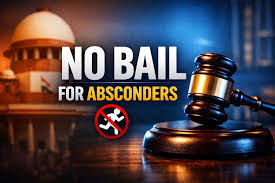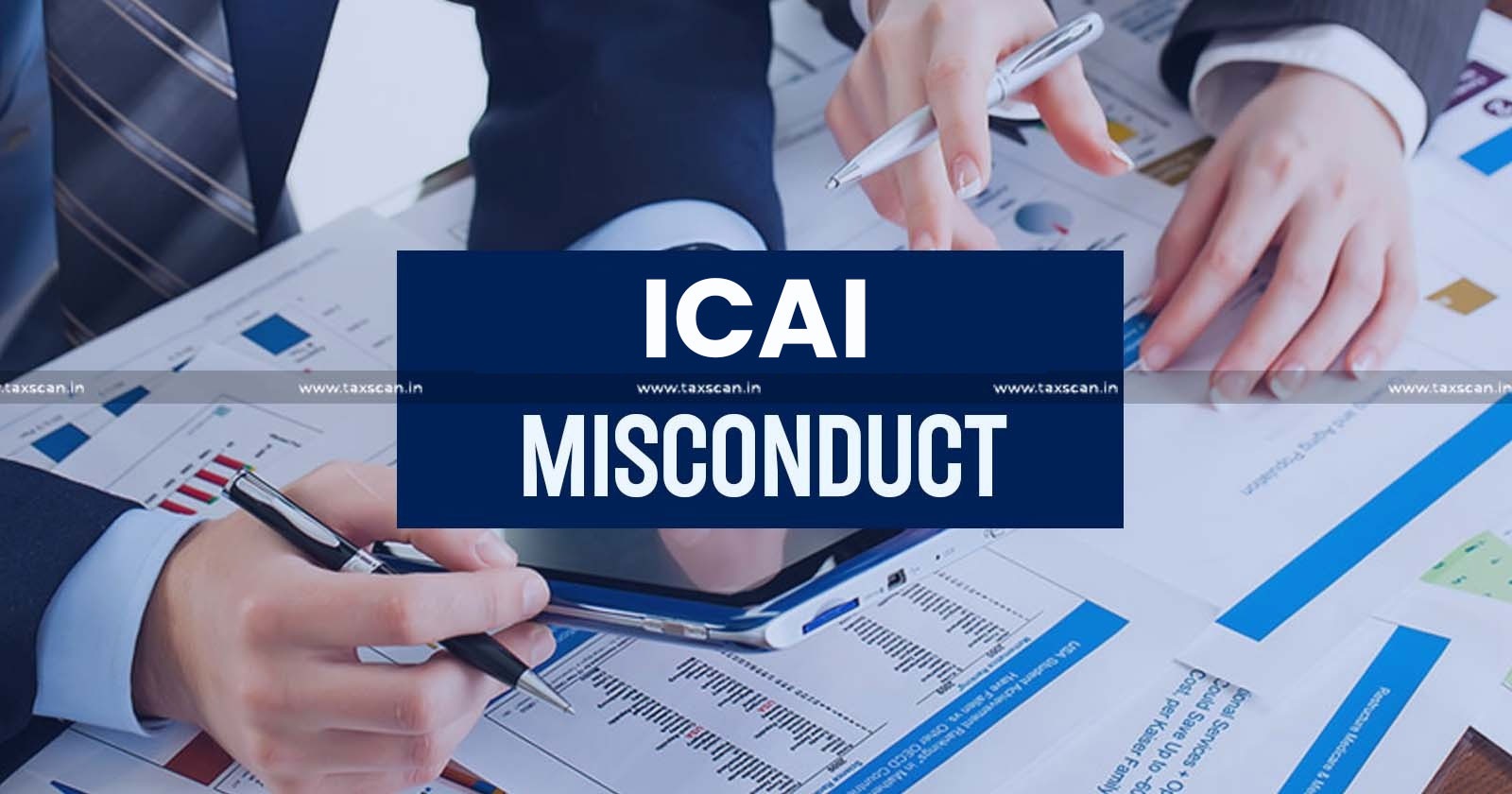@JUDGMENTTAG-ORDER
The Honourable Mr. Justice K. Chandru, J.@mdashThe Petitioner, subsequent to the filing of the writ petition has impleaded the Society in which he was employed as a party third Respondent in M.P. No. 1 of 2011 and that has been ordered. Mr. M.S. Palanisamy, learned counsel takes notice for the impleaded third Respondent.
2. The writ petition arises out of an order passed by the first Respondent Revisional authority dated 12.10.2009 in dismissing the revision filed by the Petitioner against the order of termination dated 19.08.2008 by the second Respondent Common Cadre authority. It is seen from the records that the Petitioner was working as Secretary. Under G.O. Ms. No. 55 dated 24.03.2000, the post of Secretary was brought under common cadre service and hence disciplinary action against the Petitioner was initiated by the second Respondent. The second Respondent on the basis of the enquiry conducted against the Petitioner found the Petitioner guilty of misappropriation of accounts. He also found that he was a chronic offender and hence, on the basis of proved charges, the Petitioner was dismissed from service with effect from 19.08.2008. But even before the dismissal, the State Government by G.O.122 Cooperation Food and Consumer Protection Department, dated 04.07.2008 had removed the post of Secretary from the Common cadre service but at the same time, the said GO gave exemption to the proceedings which are already initiated to be concluded on the basis of the earlier GO. Therefore, there was no jurisdictional error on the part of the second Respondent in finalising the disciplinary proceedings. Yet the Petitioner filed a review petition u/s 153 of the Tamil Nadu Cooperative Societies Act before the first Respondent in terms of G.O.55 dated 24.03.2000.
3. The first Respondent Revisional Authority after due notice and hearing the parties dismissed the revision. During the proceedings, it was transpired that the Petitioner in respect of the misappropriation of accounts was facing criminal case on being investigated by the CCIWCID, Tiruvannamalai in Crime No. 3 of 2008 and the matter was pending before Judicial Magistrate II, Vellore in C.C. Case No. 63 of 2008. Therefore, on the basis of the overall circumstances and also finding that the Petitioner had repaid the misappropriated amount, he found that there was no case for interfering with the order of dismissal. Challenging the same, the writ petition came to be filed.
4. Pending the writ petition, this Court declined to grant any interim relief though the writ petition was admitted on 19.12.2009.
5. The learned counsel appearing for the impleaded third Respondent also produced a copy of the judgment made in C.C. No. 63 of 2008 dated 12.02.2010 passed by the Judicial Magistrate No. II, Vellore.
6. The contention raised by the Petitioner in the affidavit was that due to his illness he was taking treatment and hence, he could not make proper entries in the concerned registers and hence there was deficit cash balance in the ledger. The bank had not sustained any loss as the Petitioner had paid the entire amount covered by the charge of temporary misappropriation.
7. It was found that in the judgment of the Criminal Court, the Petitioner was found guilty of the charges u/s 408 and 477(A) Indian Penal Code. Section 408 relates to criminal breach of trust and Section 477(A) relates to falsification of accounts. Yet the learned magistrate on the basis that the Petitioner was living with his wife and educating the two sons and also due to the fact that he was not convicted for any offence previously released the Petitioner on sympathy in terms of Section 4(1) of the Probation of Offenders Act, 1958 (for short PO Act). It has been held by the Courts consistently that the release under PO Act is also a conviction and Section 12 of the PO Act does not efface the effect of conviction and the release under PO Act will also not enable the Petitioner to get back his employment as the Act itself deals with only an elected office. Inspite of the same, the learned Judicial Magistrate without going into the relevant legal issues in Paragraph 24 had observed as follows:
24. The accused is entitled for the benefits under the Section 12 of the Probation of Offenders Act 1958 and he shall not suffer any disqualification in his employment present or future because of this conviction.
8. It is not open to the learned Judicial Magistrate to make any such statement. The provisions of the PO Act has already been interpreted by the Supreme Court in
9. Further the Supreme Court in
36. ..we are extremely surprised to read the last portion of the judgment of the High Court, wherein, the High Court has honourably acquitted the accused and directed his reinstatement as seniormost Civil Engineer, Civil Department, MIDHANI with all usual retiral monetary benefits inclusive of restoration of seniority, etc. with immediate retrospective effect. We wonder as to under what powers the High Court has acted. This was certainly not the jurisdiction on the part of the High Court which had only to find whether the Respondent-accused was guilty or not of the offence alleged against him. It has come in evidence that a full-fledged departmental enquiry was conducted against the accused, wherein he was found guilty. We are shocked to see the step taken by the High Court in straightaway writing off the findings in departmental enquiry without any justification. This aberration on the part of the High Court speaks of its wholly incorrect approach.
10. In any event, the Petitioner''s case before the Revisional Authority was not accepted on the basis of the concluded enquiry and the criminal court judgment itself is dated 12.02.2010 long before the departmental enquiry had come to an end. In this context, it is necessary to refer to the judgment of the Supreme Court in
37. Acquittal in a criminal case by itself cannot be a ground for interfering with an order of punishment imposed by the disciplinary authority. The High Court did not say that the said fact had not been taken into consideration. The revisional authority did so. It is now a well-settled principle of law that the order of dismissal can be passed even if the delinquent official had been acquitted of the criminal charge.
11. In the light of the above, this Court is not inclined to take note of the unsolicited advice given by the Judicial Magistrate II, Vellore in paragraph 24 of the judgment set out above. Hence, the writ petition is misconceived and bereft of legal reasonings. Accordingly, the writ petition stands dismissed. However, there will be no order as to costs.

